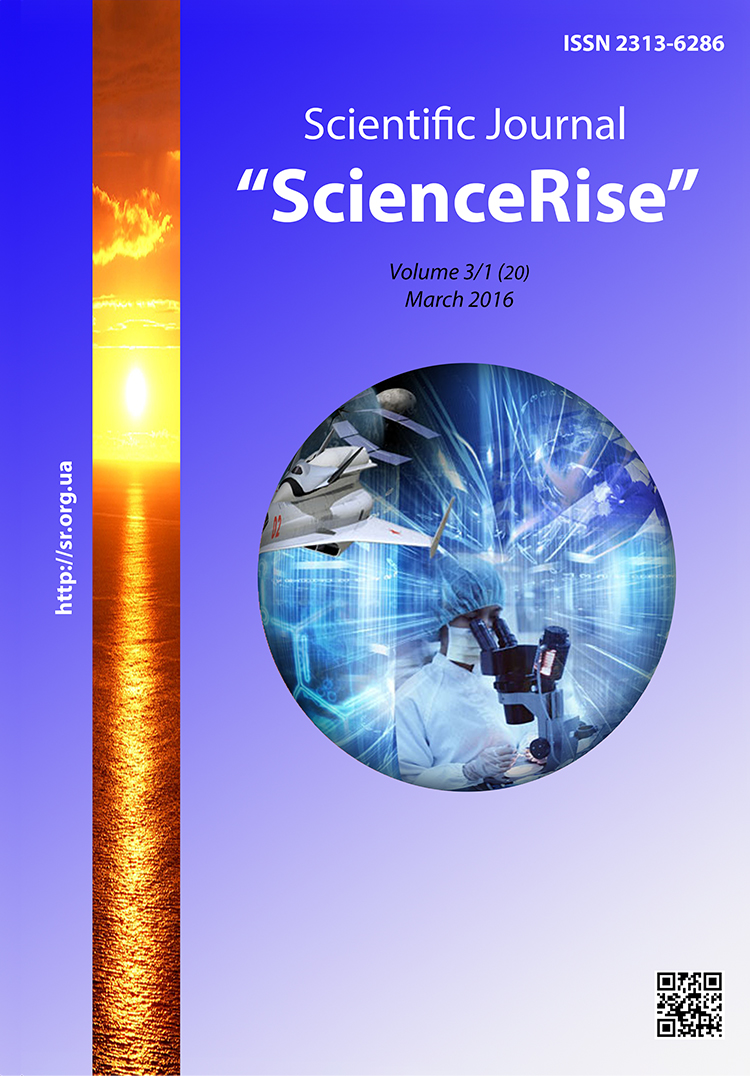Theorectical principles of psycho-prophylactic selection of police officers
DOI:
https://doi.org/10.15587/2313-8416.2016.64802Keywords:
professional selection, psychological testing, police, structural approach, principle, prolonging, multi-stage selectionAbstract
The article deals with theoretical aspects psycho-prophylactic selection, because it is necessary to carefully consider the theoretical aspects of psycho-prophylactic selection, selecting the necessary components for the organization of practical and effective system that meets the requirements of the Ministry of Internal Affairs, especially units with operational and investigative function of activity and taking into account the objective possibilities of its implementation in modern conditions
References
Platonov, K. K. (1970). Neobhidni utochnennja (pro metodychni problemy profesijnogo vidboru v profesijnij orijentacii'). Socialistychnyj trud, 10, 94–100.
Panok, V. G., Rud', G. V. (2006). Psyhologija zhyttjevogo shljahu osobystosti. Kyiv: Nika-Centr, 277.
Pechchei, A. (1985). Ljuds'ki jakosti. Moscow, 312.
Romenec', V. A. (1996). Vchynok i svit ljudyny. Osnovy psyhologii'. Kyiv: Lybid', 383–402.
Rubinshtejn, S. L. (1999). Osnovy zagal'noi' psyhologii'. Sankt-Peterburg: «Piter Kom», 720.
Reshetnykov, M. M. (1937). Profesijnyj vidbir v systemi osvity, promyslovosti i armii' USA. Psyhologichnyj zhurnal, 8 (3), 145–153.
Testovi batarei' USA (psyhologichni testy) (1974). Moscow, 260.
Tolochek, V. A. (2000). Styli profesijnoi' dijal'nosti. Moscow: Smysl, 199.
Shadrykov, V. D. (1982). Problema systemogeneza profesijnoi' dija¬l'nosti. Moscow: Vyd-vo «Nauka», 184.
Turner, D. R. (1975). Praktychnyj posibnyk z pidgotovky kandydativ do testovyh vyprobuvan', provedenyh u zbrojnyh sylah USA. Moscow, 196.
Downloads
Published
Issue
Section
License
Copyright (c) 2016 Ганна Вікторівна Чухраєва

This work is licensed under a Creative Commons Attribution 4.0 International License.
Our journal abides by the Creative Commons CC BY copyright rights and permissions for open access journals.
Authors, who are published in this journal, agree to the following conditions:
1. The authors reserve the right to authorship of the work and pass the first publication right of this work to the journal under the terms of a Creative Commons CC BY, which allows others to freely distribute the published research with the obligatory reference to the authors of the original work and the first publication of the work in this journal.
2. The authors have the right to conclude separate supplement agreements that relate to non-exclusive work distribution in the form in which it has been published by the journal (for example, to upload the work to the online storage of the journal or publish it as part of a monograph), provided that the reference to the first publication of the work in this journal is included.

